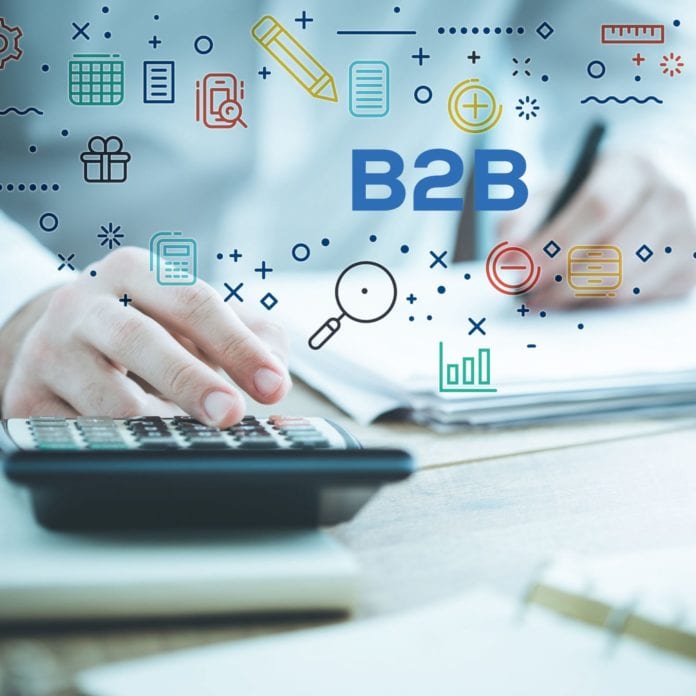The consumer market for telcos has reached a saturation point. Millions of homes are equipped with cable and streaming services, and consumers are using mobile devices to instantly access entertainment on-the-go. As a result, telco executives are challenged to continue their growth trajectory and hit monthly and quarterly sales goals. New consumers are hard to come by, and stealing customers from other providers is more of a revolving door than a sound business strategy. To drive continued growth, many telco providers have turned their attention to business accounts – and it’s paying off.
Some may be surprised to hear that major providers like Charter and Comcast boasted double-digit business revenue growth in each of the last two quarters of 2016. Comcast reported a third quarter increase of 15.5 percent, while Charter reported 12.1 percent according to their respective earnings reports. With results like this, the industry is taking notice. It’s clear there are substantial business opportunities with enterprise accounts rather than passing consumers back and forth among the top providers.
The state of the industry has opened the door for new B2B sales opportunities, but to succeed salespeople need to adjust their strategies and borrow best practices from the world of B2C selling. While past enterprise opportunities may have closed over a steak and martini, times have changed, with technological advancements that can significantly improve and streamline the sales cycle. Today’s salespeople need to ensure they are connected with technology that enables intelligent sales practices to deliver the best possible customer experience.
So how can B2B salespeople take a page from the book of consumer selling? Consider the following strategies:
- Inject intelligence into your practices: With the abundance of available customer information, sales professionals can use this data to pinpoint the right time and place to interact with or make an offer to a customer. While CRM and marketing automation technologies are typically associated with B2C selling, they present tremendous value to the B2B salesperson – and they’re getting smarter. Artificial intelligence (AI)-powered technology can help orchestrate these complicated paths to purchase while delivering personalized interactions to business customers that offer value, rather than create noise. AI can deliver real insights to the seller such as recommended offers or engagement through sophisticated next-best-action technology.
- Choreograph a sales & delivery masterpiece: B2B sales orders go through a complex organization of subject matter experts that contribute to the overall solution. There can be over 20 touches by different contributors to each order before the solution is delivered. A typical solution can take 3-6 months to deliver. Customer engagement technology can work across the organization and system silos to create a unified view that is a completely connected customer journey. Telcos connect leads to quotes to fulfillment orders providing end-to-end visibility. Robotics technology can automate repetitive steps driving down delivery costs and increasing customer satisfaction.
- Dance with a partner: Over-the-top (OTT) players such as Netflix are too big to ignore. In the B2C world, telcos are no longer competing with Netflix and bringing them to the dance and selling Netflix as part of TV bundles. Partnerships play an important role in B2B as well. IoT services and cloud software offer an amazing opportunity to upsell clients beyond traditional voice and connectivity services. Technology is now reducing the barriers to onboard, sell, and deliver partner services in B2B as well. An open product catalog and quoting engine makes it easy to onboard and sell partner products without any changes to systems or code. Artificial intelligence acts as a personal wingman to guide B2B sellers to select the right partner products that customer is likely to purchase. Cloud technology makes it easier to deliver through easy to use interfaces.
The B2B sales process across the telco industry has become more complicated with the proliferation of new services, partners, virtual networks, and consolidation. In today’s connected world, sales is no longer an offline job, and technology has made it possible to for B2B sales professionals to more efficiently and effectively close deals. Taking notes from consumer giants like Amazon and Apple who have mastered the art of sales and customer service, B2B salespeople need to employ artificial intelligence and customer engagement technology to provide tailored experiences and guidance to their customers, who will reward them with their loyalty.

